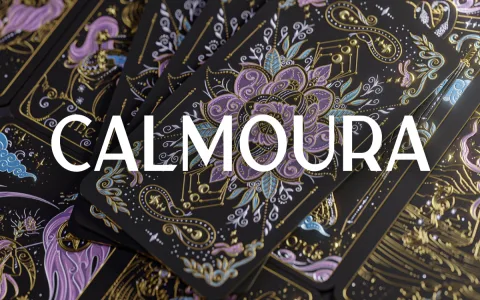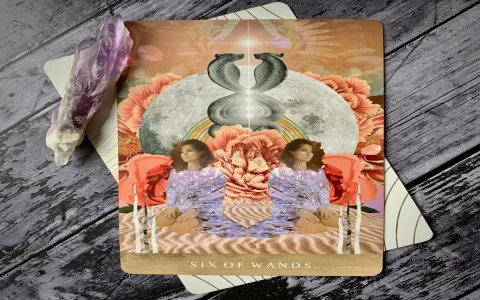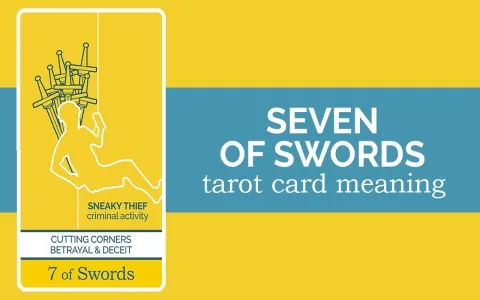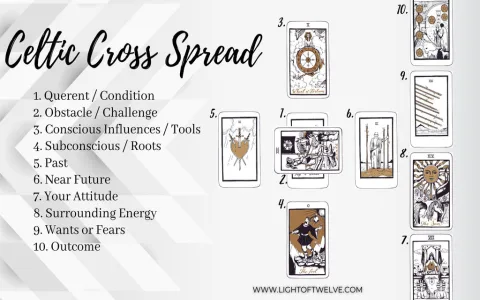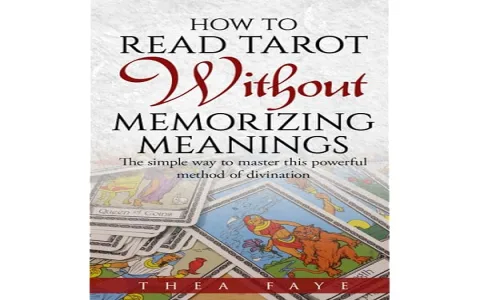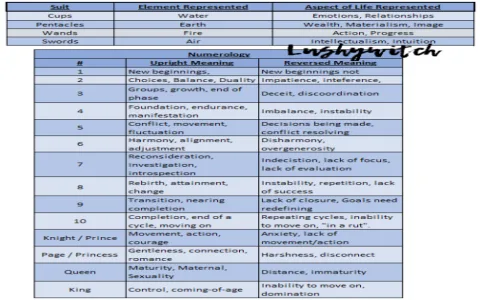The Panic Moment That Started It All
I swear, if one more person tells me how ‘easy’ tarot is once you memorize the 78 cards, I’m going to lose it. It’s not easy. It’s a ton of work, especially when you’re trying to read in real-time, under pressure. You know what I mean? That moment when you pull the Nine of Wands reversed, and suddenly your brain just flatlines. All the books, all the websites, they start swimming. You need the quick hit, the absolute core meaning, and you need it right now.
This whole project, this quick cheat sheet I’m sharing today, it didn’t start because I was bored and looking for a cute reference guide to design. It started because I was publicly humiliated. About six months ago, my niece called me up, desperate for a quick reading before a huge, life-changing job interview. I pulled the cards, everything was flowing perfectly—Major Arcana making sense, the Cups being warm and empathetic—and then came the dreaded Swords. The bloody, complicated Swords. I pulled the Three of Swords, reversed, as the ‘challenge’ card.
I froze. Totally. I knew it fundamentally meant some kind of slow release from core pain or the refusal to move past hurt, but the right words just wouldn’t come out. Instead of giving her a clear actionable insight, I started rambling about vague feelings and the necessity of ‘processing.’ She just nodded politely, but I could see it in her eyes—I sounded like a complete fraud, like I was guessing.
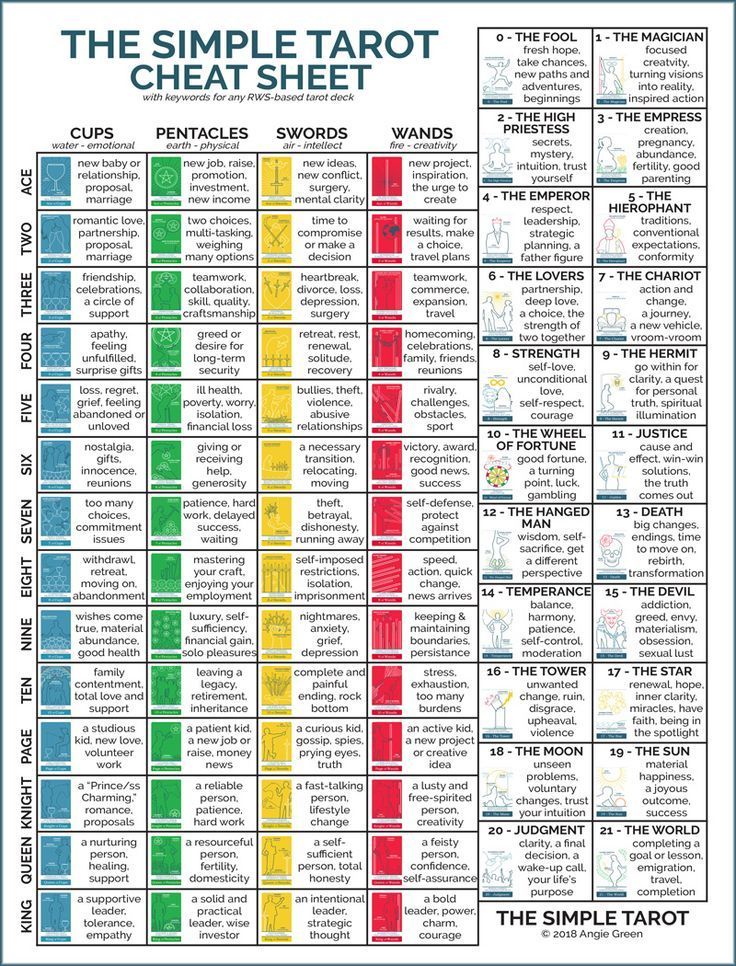
After she hung up, I felt awful. I immediately went straight to my massive stack of reference books. Too dense. Too much philosophical fluff. I checked my favorite phone apps. Too slow to navigate; I had to click through three menus just to find the single upright keyword. That’s when it hit me: I didn’t need the whole novel of meaning; I needed the punchline, the single, hard-hitting keyword right then, optimized for panic mode.
Executing the First Draft – Chopping the Fat
So, I decided to build my own solution. It had to be three things: quick, printable, and absolutely brutal about trimming down complex meanings. The standard references give you four paragraphs per card. I wanted one word for upright, maybe a short phrase for reversed. That’s it. No more philosophical meandering. I needed the flashcard version.
I started with the Majors first. They are the easiest conceptually, but also the most loaded with deep meanings. I grabbed my trusty Rider-Waite deck and a stack of big index cards. I literally went through card by card and forced myself to distill the essence. For The Tower? Upright: Catastrophic Disruption. Reversed: Avoided Disaster / Fear of Change. Done. If I couldn’t summarize it in five words or less, I knew the definition was too complicated for a quick reference.
- Step 1: The Initial Brain Dump. I first wrote down every traditional meaning I could remember for all 78 cards. This filled almost four full pages of sloppy notes.
- Step 2: The Ruthless Culling. I took a red marker and slashed through everything that wasn’t the core, visceral keyword. If a card had two primary meanings, I picked the one that was most actionable or visually distinct.
- Step 3: Formatting for Speed. I needed immediate visual grouping, not just a list. I decided the key was seeing the number-element interaction right away. I organized the minors into columns based on suit (element) and rows based on number (numerical energy).
The Real Pain – The Minor Arcana Numbers Game
The Majors were tedious, but the Minors tried to kill me. Especially the Pips (Aces through Tens). If you’ve ever tried to systemize this, you know that the Fives—Fives of Wands, Fives of Swords, Fives of Pentacles—they all fundamentally feel like struggle and conflict, but they are totally different kinds of struggle. You can’t just reuse the keyword. That’s cheating, and it defeats the purpose of being precise.
I spent an entire working day cross-referencing the Minor Arcana. I focused heavily on the element plus the number energy concept. The Two is partnership/duality; the Three is initial realization/growth; the Four is stability/stagnation. So, how does the Four of Pentacles (Stability/Money) differ from the Four of Swords (Stability/Mind)? The first is physically hoarding wealth and being stingy; the second is resting, recuperating, or maybe being isolated in thought. The meaning changes dramatically based on the suit, even if the number energy is the same. I developed a system where every number had an associated core verb attached to its element before I even wrote the final keyword.
I compiled everything into a simple, two-page table structure. I realized that if I could just glance at a tiny box—Element/Number/Meaning—my brain would fill in the rest of the interpretation instantly. This wasn’t about teaching me the card from scratch; it was about unlocking the memory I already had stuck deep in the back of my skull.
The Outcome and Why You Need This Deck
I printed the final version on plain white cardstock and cut it down to be small enough to fit right inside the box of my main working tarot deck. Now, when I pull that stressful Minor Arcana card reversed, I don’t stall. I just slide out the cheat sheet, quickly check the suit column, and see the harsh keyword. For the reversed Three of Swords? Releasing Grief. Boom. The whole reading stays smooth and I sound like I actually know what I’m doing.
This reference changed how I approach my readings. I used to spend 40% of the reading time translating meanings in my head. Now I spend 90% of the time actually talking to the person and interpreting how the cards relate to their life. It takes that initial pressure off. If you’re a beginner struggling to keep up, or even an experienced reader who sometimes gets tripped up by the obscure nuances of the Minor Arcana, this simple, harsh reference guide is exactly what you need.
It’s not perfect. No cheat sheet is. But it’s fast, and when you’re doing a reading, speed matters more than academic completeness. Seriously, grab the free guide. Just save it to your phone or print it out and stick it in your deck box. Stop letting the Three of Swords reversed make you look silly when you’re trying to help someone.

